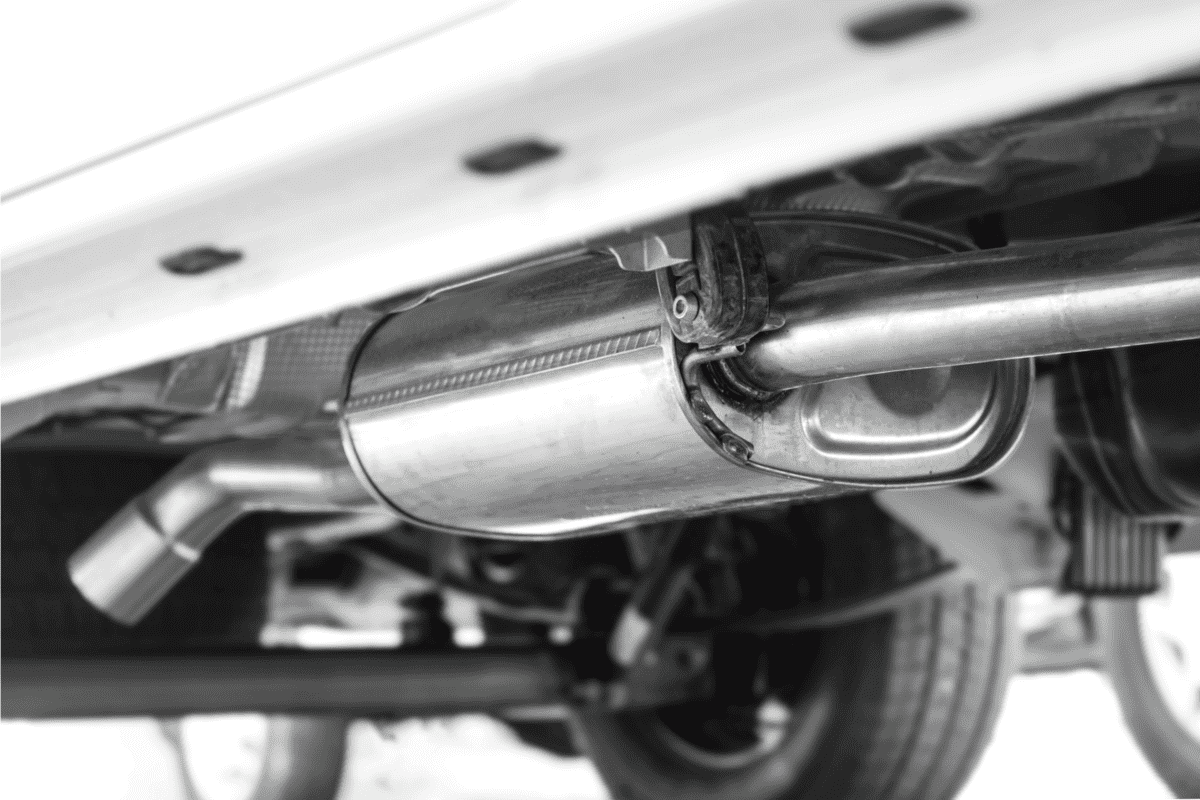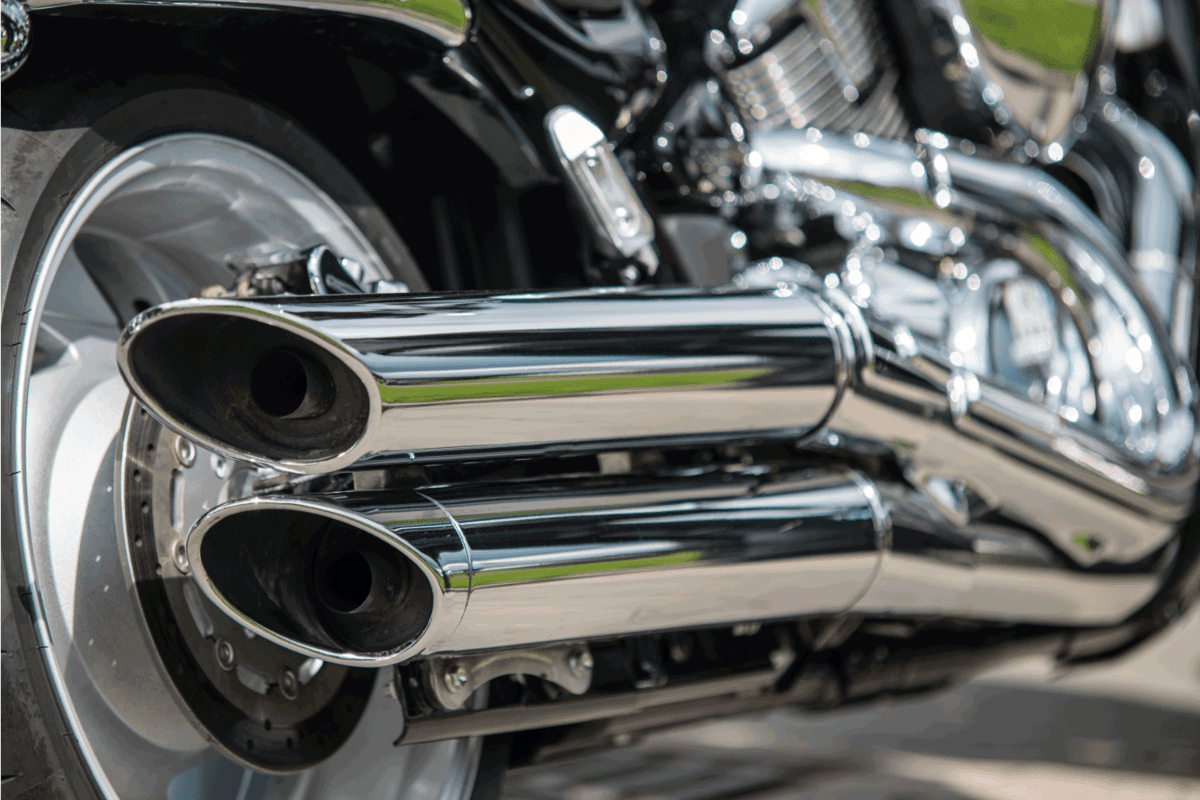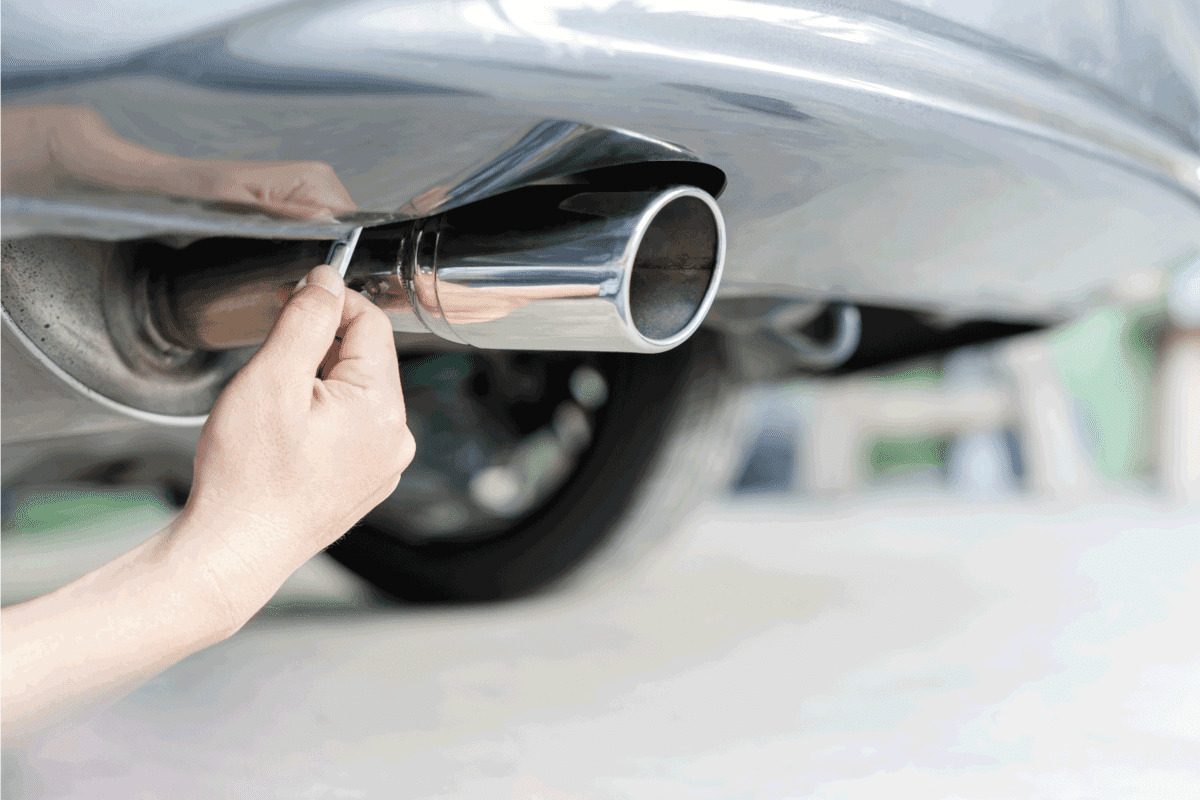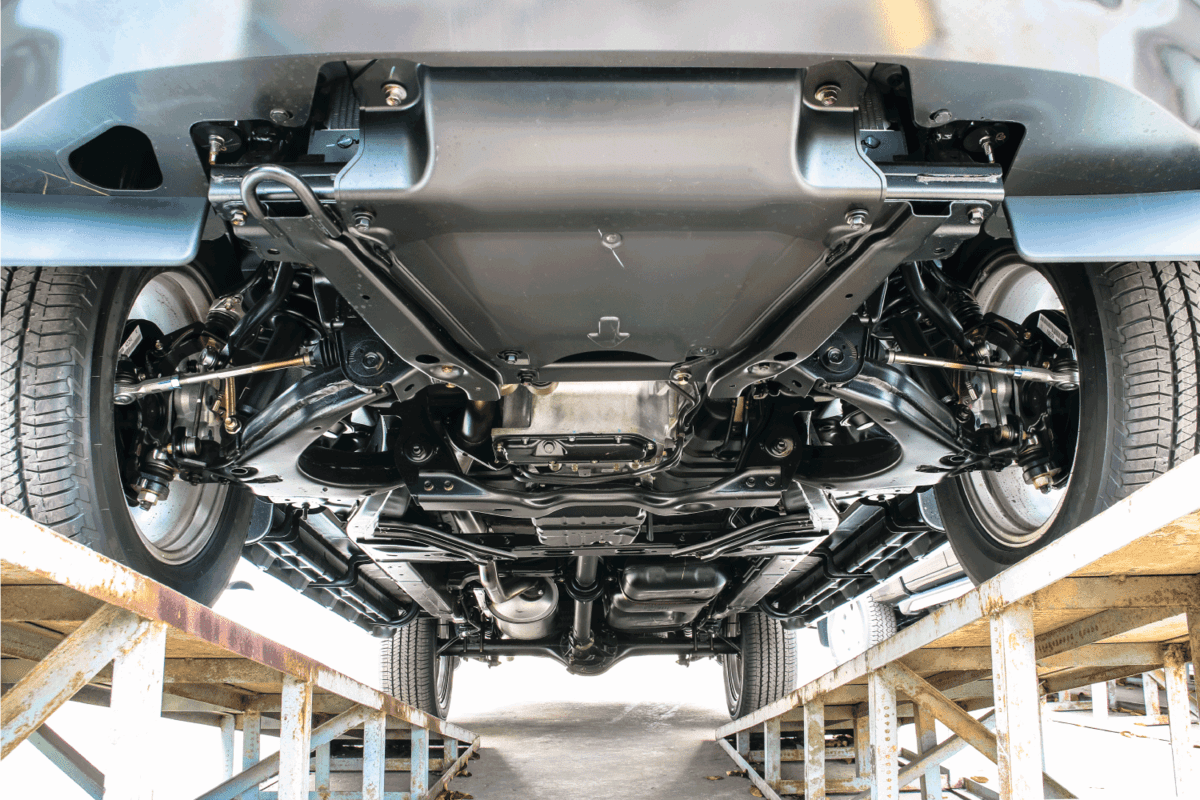Exhausts are a necessary component of any vehicle. They provide an exit for the exhaust gases to leave the engine and reduce noise pollution while making your vehicle run more efficiently. However, many people ask whether or not they are universal and if the same exhaust can be used on a car, truck, or motorcycle? We have researched for you to answer this question.
Exhausts are not universal and cannot be transferred from a car to a motorcycle or the other way around. This is because cars, trucks, and motorcycles all have different size engines and airflow requirements. If you are a handy welder, you might reform an exhaust to fit on another motor vehicle, but it is not recommended.
Several components go to exhaust, and they differ in every motor vehicle. You can't simply unbolt and exhaust off a car and put it on a truck because it more than likely won't fit, and even if it does, somehow the truck won't run properly. With that being said, in this article, we will take a closer look at exhausts, how they work, how they sound, and how they affect your vehicle, so read on!
![wide shot of Sportscar exhaust. Are Exhausts Universal [For All Vehicles]](https://vehq.com/wp-content/uploads/2021/10/wide-shot-of-Sportscar-exhaust.-Are-Exhausts-Universal-For-All-Vehicles.png)
Are Exhausts Universal?
The short answer to this question is no. Exhausts are not universal for cars, trucks, and motorcycles. The differences in vehicles mean there can be subtle variations from one vehicle type to another, making it possible for the exhaust to fit well on one vehicle but not another.
The reason that there are differences between vehicles is the exact reason why you would buy a custom-made suit rather than off-the-rack clothing. However, both cases (vehicles and suits) share similarities because of this.
For instance, just like how a suit is tailored to fit your body, an exhaust system is designed and built carefully for a particular make and model of vehicle. This allows for better performance out on the road because the parts are meant to work together in unison; this also means that each part must be custom-made or modified specifically for one type of car.

How do I know what size muffler I need?
The quick answer is that you need to measure the diameter of your exhaust pipe. The reason for this is because there are many different types and sizes. So, unless you know what size works best with your vehicle, it's going to be difficult.
What do we mean by diameter?
There are a few ways to measure your exhaust pipe diameter. However, we will focus on two particular measurements that should help get you started for this article. The first measurement is called the outer diameter, and it measures from one end of the muffler to another; in other words, it measures the size of the entire exhaust pipe.
The second measurement is called the inner diameter, and it measures how wide your exhaust pipe is from one side to another; this means that if you measure an elbow or a Y-pipe, then there will be two inner diameters — one for each section (the length before joining and the length after joining).
As we mention in our above example, there are many different types of exhaust systems and sizes which means that you might have to take a few extra steps before purchasing an exhaust system.
Depending on what you are looking to install, you may need to get your hands on some other components, but thankfully, many different companies sell mufflers and other parts. This means it should be relatively easy to find the right-sized exhaust system for your car or motorcycle with a little bit of research on what you need.
The best thing to do is go to a muffler shop for help. They can measure your exhaust and look up the best muffler for your vehicle in their system.
Do all exhausts sound the same?
No, not all exhausts sound the same. It's like asking if all cars look the same; subtle differences make them unique.
For example, the term loud is subjective, and many factors contribute to how loud an exhaust system sounds. For instance, choosing a muffler with more baffles might be quieter because less sound will vibrate out of your tailpipe; however, this also means that the engine has to work harder to push the exhaust out.
If you choose a muffler with fewer baffles, it will allow more sound to escape. This might make your engine work easier. Still, if you're someone who doesn't like attention or doesn't want others to hear your car revving in the middle of the night. Then we recommend choosing a muffler with more baffles.
There are many things to consider when purchasing exhausts, and we hope that you find this article helpful in your decision-making process.

How much does it cost to have a new exhaust installed?
The cost of installing a new exhaust system on your car, truck, or motorcycle depends on many different factors. Nonetheless, Performance Muffler indicates that the average cost of installing an exhaust is $750, but as we said, this number can vary significantly.
To begin with, the type of vehicle you drive will be one factor that determines how much it's going to cost. This is because some vehicles are more complex than others. Plus they may require specific tools for a mechanic to perform the installation.
In addition, the size of your car or motorcycle will also factor into this. This is because there are different-sized mufflers and exhausts; which means that a custom-sized replacement might need to be ordered.
Finally — if you choose an aftermarket part, it will cost more money than choosing an OEM (Original Equipment Manufacturer) part because your car's manufacturer makes the latter.
Luckily, if you are looking for an OEM part, there should be some dealer where you can buy it online or on their lot; all you have to do is go in and purchase what they sell. However, finding a good deal might prove difficult because some dealers significantly mark up the price of their parts.

Is full exhaust better than slip-on?
There are many different types of exhaust systems, but it might be better to choose a complete system if you're looking for the best sound. This is because slip-ons do not have all of their components and therefore tend not to create as much noise. Also, complete exhaust systems will help the vehicle breathe better and increase horsepower.
On the other hand, some people prefer this because they can still keep their stock muffler. We recommend trying both to see which one you like best. This is because the only way to tell is by testing them out yourself.
Does changing exhaust damage the engine?
Changing the exhaust system on your vehicle might damage the engine. This depends on what you do and how you go about doing it. For example, if a slip-on is installed improperly, this could cause other components to break, which means that even more money will have to be spent.
However, if an exhaust is installed correctly, then it could help the engine perform better. That is why it is essential to take any aftermarket parts to a certified mechanic to be installed.
In addition, changing an exhaust can change certain aspects of how the vehicle's computer reads the airflow in the system. This could cause a check engine light or for the car to chug or not run at all.
For example, if the new exhaust causes too much backpressure, then it can cause damage to specific sensors. If these parts break, then your car might not run at all. Then you will be worse off than when you started; this is why we recommend having an aftermarket part installed by an experienced mechanic to avoid such problems.

In Closing
Overall, exhausts are not universal; you can't switch them from one vehicle type to another. For any aftermarket work being done, it is always safer to get an exhaust that is made specifically for your motor vehicle. Whether it is a truck, car, SUV, or motorcycle, always do your research first. Then talk to a performance mechanic before making an exhaust change.
If you like this article, then you should also check out the following:
Knocking Noise Under My Car When Driving: What Could It Be?
12 Types Of Car Engines [And How They Work]
Should A Car Be Sold With 2 Keys? [Inc. A Used Car]
Do you have an aftermarket exhaust on your vehicle? Let us know what brand it is below!
